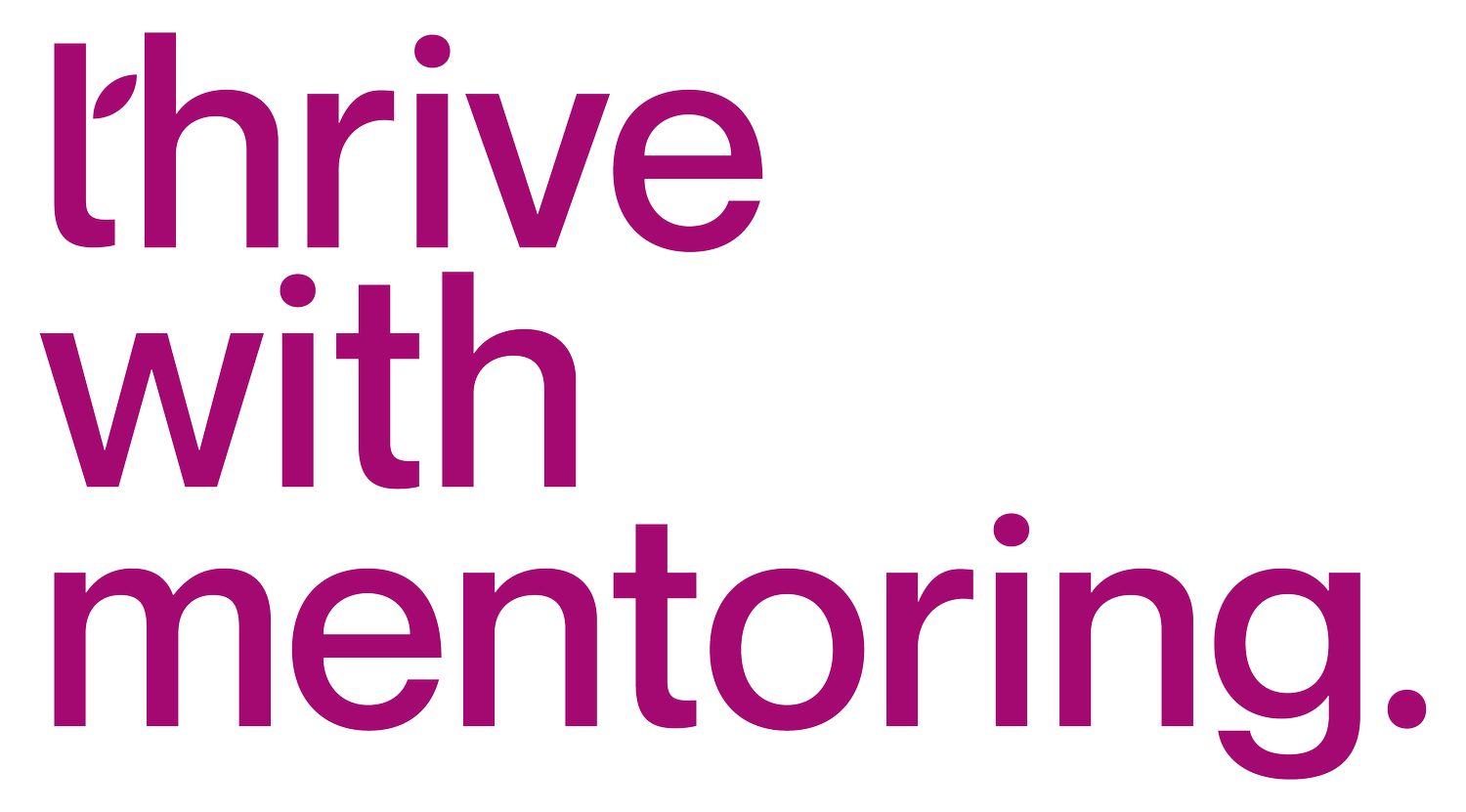The Mental Health Minute 01: Discover the Various Shades of Mental Health
Issue 01: Discover the Various Shades of Mental Health
When you think of mental health, what’s the first thing that comes to your mind?
For many of us, our earliest understanding of mental health was associated with disorders like depression; or worse, with stigmatising images from media described as “crazy”, “unhinged”, “violent”, “out of their minds”. To me, it once felt like an abstract concept, something I likely will never have to get exposed to.
Through our shared experience of the pandemic, our understanding of mental health has significantly shifted. Staggering reports plus distressing stories from our friends, colleagues, and loved ones of how they’ve struggled to cope suddenly made mental health front and center of many conversations, forcing us to confront it as something we all have and need to take care of.
The World Health Organisation defines mental health as “a state of wellbeing in which an individual realizes their own abilities, can cope with the normal stresses of life, can work productively and is able to make a contribution to their community”.
This perspective shows that it’s not about being free of illness, rather it’s about our ability to thrive day to day, despite the challenges we face. There is no permanently perfect mental health. Neither is it a static metric.
It is fluid and dynamic, as it responds to the different life experiences we encounter. Recognising its vulnerability creates urgency for us to take active care of it, just like we do for our physical health.
But where do we begin?
One of the most important things we can do is to develop self-awareness of our own mental state on a regular basis. When you think of mental health, what’s the first thing that comes to your mind?
The graphic above from Delphi Learning is a helpful way to create a visual and verbal language to talk about what we’re experiencing.
Give it a try for a couple of weeks and notice what comes up for you; and acknowledge it with kindness and without judgment. On days when you’re not feeling yourself, or struggling to get on with your normal routine, explore it with curiosity and discover what might be causing that, and how long that’s been going on. If you find yourself struggling, don’t hesitate to seek professional help.
Written by Karina Schneider for her column on Thrive On!: The Mental Health Minute. Download the full issue here.
Karina Schneider is global People & Culture leader turned Mental Health coach, consultant and certified First Aid instructor. She supports driven career professionals returning to work after a mental health absence, and organisations increase their mental health literacy so that workplaces can be environments where individuals thrive everyday.

